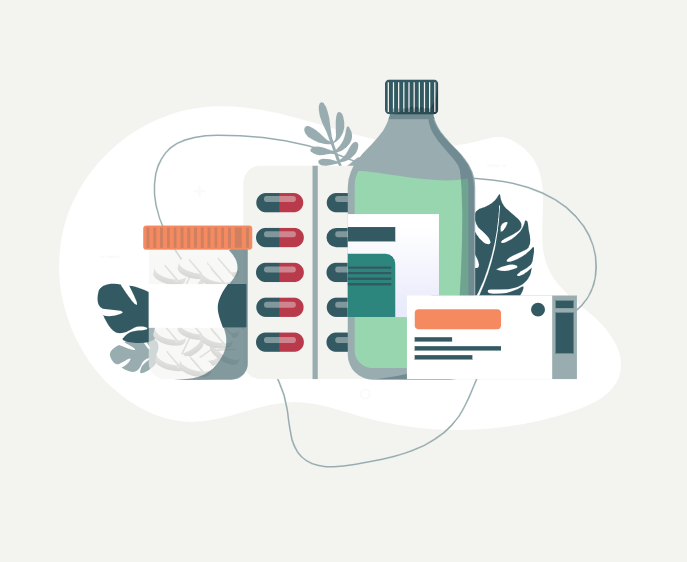In today’s healthcare landscape, many individuals and families struggle with finding affordable and comprehensive coverage for addiction treatment. Substance abuse is a complex condition that requires specialized care, but navigating the world of insurance can be overwhelming. This guest post aims to shed light on the different insurance options available for addiction treatment, helping those in need find the support they deserve.

Understanding Insurance Coverage
Before delving into the specifics of insurance for addiction treatment, it’s crucial to understand how insurance coverage for addiction treatment works. Most insurance plans offer some level of coverage for mental health and substance abuse services, including addiction treatment. However, this coverage can vary significantly depending on the plan, insurer, and specific circumstances.
Typically, coverage for addiction treatment falls under two main categories:
1. Inpatient or Residential Treatment: This type of treatment provides 24-hour care in a structured environment. It usually involves staying at a specialized facility while undergoing intensive therapy and medical care.
2. Outpatient Treatment: Outpatient programs allow individuals to live at home while attending therapy sessions regularly at designated treatment centers. These programs offer flexibility but may have varying levels of intensity depending on the individual’s needs.
Insurance options differ based on factors like providers’ network status and plans’ specific offerings.
Private Insurance Plans
Private insurance plans are purchased directly by individuals or provided through employers’ benefits packages. These often offer the broadest range of coverage options for addiction treatment. When considering private insurance plans, it is important to evaluate the specific benefits related to substance abuse services carefully.
Here are some common private insurance plan types you may encounter when seeking addiction treatment:
1. Preferred Provider Organization (PPO) Plans: PPO plans feature a network of preferred providers who have agreed to provide discounted rates to plan members. PPO plans often offer more flexibility when choosing treatment providers but generally require higher out-of-pocket expenses compared to other plan types.
2. Health Maintenance Organization (HMO) Plans: HMO plans typically focus on managing care through a designated network of providers. While they may offer lower out-of-pocket expenses, individuals must usually select a primary care physician and obtain referrals to see specialists or access addiction treatment services.
3. Point of Service (POS) Plans: POS plans combine elements of both PPO and HMO plans. They allow individuals to choose providers outside the network at a higher cost. Obtaining referrals may be required for specialized treatments like addiction treatment.
4. High-deductible health Plans (HDHPs): HDHPs require individuals to pay higher deductibles before insurance coverage kicks in. While these plans may have lower monthly premiums, they often have higher out-of-pocket costs for addiction treatment services.
5. Employer-Sponsored Insurance Plans: Many employers provide health insurance options as part of their benefits packages. These plans can be private insurance or self-insured group plans that reimburse employees for addiction treatment expenses. Employer-sponsored insurance plans vary widely in coverage and cost-sharing requirements.
Government-Funded Insurance Programs
Government-funded programs can provide critical support for addiction treatment services for individuals without private insurance.
1. Medicaid: Medicaid is a joint federal and state program that provides health coverage to low-income families, pregnant women, children, and certain eligible adults. Under Medicaid expansion through the Affordable Care Act (ACA), states can extend coverage to include more low-income adults struggling with substance abuse issues. Given variations between states regarding eligibility criteria and the level of coverage provided, it is crucial to check individual state policies concerning addiction treatment under Medicaid.
2. Medicare: Medicare is a federal program that primarily offers health coverage to individuals who are 65 years or older or those under 65 with certain disabilities or end-stage renal disease. Addiction treatment services are covered under Medicare Part A (hospital insurance) in an inpatient setting and require Medicare-approved stays.
Conclusion
Accessing affordable addiction treatment with comprehensive coverage can be a challenging journey, but understanding the available insurance options can alleviate some of the stress. As each person’s circumstances differ, assessing their specific needs and determining which plan provides suitable coverage is essential. The right combination of insurance coverage, supportive resources, and dedicated professionals can pave the way for successful recovery. Seek information, enlist professional help, research assistance programs, and never hesitate to reach out for support beyond what insurance provides. Better days are ahead.



